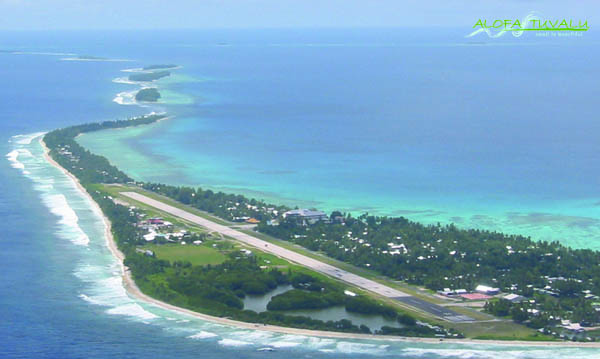
The Acting UN Resident Coordinator Karen Allen congratulated the Government of Tuvalu for its commitment and active response on a well-conceived and articulated plan for disaster response whilst attending the High Level Dialogue in Tuvalu which concluded
"The actions shown by government shows that the plans are not solely about recovery, but recovery that strengthens resilience of families, communities, islands, and the nation.”
The UN acknowledged the government of Tuvalu for recognising it as one of the important partners in the implementation of the vulnerability reduction plan and its commitment to strengthening disaster response and resilience for its people. The UN agencies responded to governments request and provided support in various technical roles also recognising the different partnerships involved in the process.
UNDP has long term development programmes in Tuvalu and recently supported response and recovery coordination and debris removal during TC Pam. This work was possible through the National Adaptation Programme of Action (NAPA) which includes significant support to the sustainable fishery, early warning communication and disaster risk management and a Ridge to Reef programme that will look at building biodiversity and protecting the ecosystem.
With funding support from the government of Australia and its own headquarters, UNICEF provided school and health and water supplies after Cyclone Pam. As the lead agency in the Pacific WASH humanitarian cluster, UNICEF works closely with SPC and WHO on water, sanitation and hygiene issues to ensure that the recovery plan is compliant with standards for schools as evacuation centres.
WHO remains a strong partner of the Ministry of Health for strengthening health systems and also has provided important technical assistance after Cyclone Pam on environmental health and water safety and security. UNFPA would like to adapt its planned reproductive health training on providing psychological support for people who have suffered stress and trauma during disasters. On food security, FAO is supporting the government on agricultural recovery on three islands whilst ILO supports the international labour standards reporting and skills and livelihoods training of relevance to the capacity and resilience of older children who are working.
Central to all this, is UNOCHA’s role for coordination of humanitarian affairs. They are an important liaison to Pacific humanitarian partners and can build understanding and capacity to access the right assistance at the right time from international partners, in a well-coordinated and Government led way.
